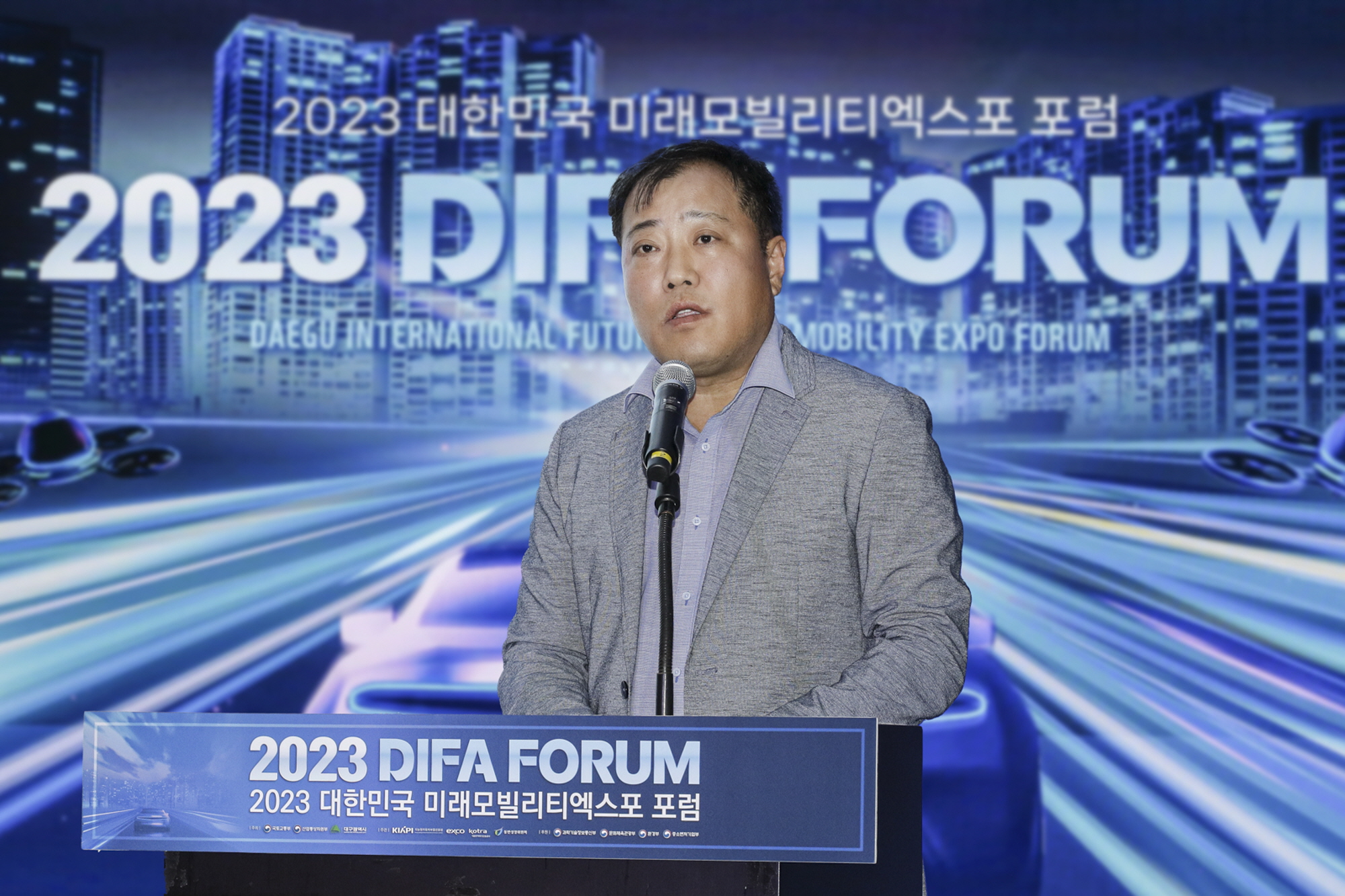
Hyundai Motor Group is taking a strong stance against the climate crisis with plans to launch over 30 electric vehicles by 2030. They have also announced their intention to introduce solid-state battery technology.
During the Daegu Future Mobility Expo held at EXCO on the 19th, Sang Nak-seop, the Head of R&D Planning and Coordination at Hyundai, discussed the company’s electrification model launch plans. He emphasized, “With urbanization intensifying and environmental issues arising from automotive emissions, it is essential for us to transition to eco-friendly electric vehicles that produce no carbon emissions.” He added that, along with the Fourth Industrial Revolution, global automotive manufacturers, including Hyundai, are trending towards transforming to eco-friendly energy powertrains. Hyundai plans to focus its capabilities on electric vehicles, autonomous driving, and aerial mobility as part of its commitment to establishing eco-friendly smart mobility devices.
Sang also mentioned Hyundai’s electric vehicle launch plan, stating that the company intends to introduce 11 pure electric vehicle models focused on SUVs by 2030. Kia plans to unveil two new pure electric vehicle models every year until 2027, aiming to build a portfolio of 15 electrified models. Genesis aims to release six luxury all-electric models by 2030.
This robust transition to electric vehicles is supported by Hyundai Motor Group’s dedicated electrification platform, the E-GMP (Electric-Global Modular Platform). The E-GMP platform is designed explicitly for electric vehicles, allowing for over 500 km of driving range and rapid charging of 800V or more. Moreover, as a standardized integrated platform, it can quickly accommodate a variety of electric vehicle models.
Additionally, Sang expressed confidence in the performance of the E-GMP platform, stating, “The E-GMP platform can accelerate from 0 to 100 km/h in just 3.5 seconds, showcasing remarkable performance compared to internal combustion engines.”
Furthermore, he explained the transition of Hyundai Motor Group’s lithium-ion batteries to solid-state batteries, stating, “Solid-state batteries have a higher energy density, providing a longer driving range than existing lithium-ion batteries, and they offer superior thermal and chemical stability.” He confirmed the plan to commercialize solid-state batteries by 2030.
Daegu = Lee Sang-jin daedusj@autodiary.kr

